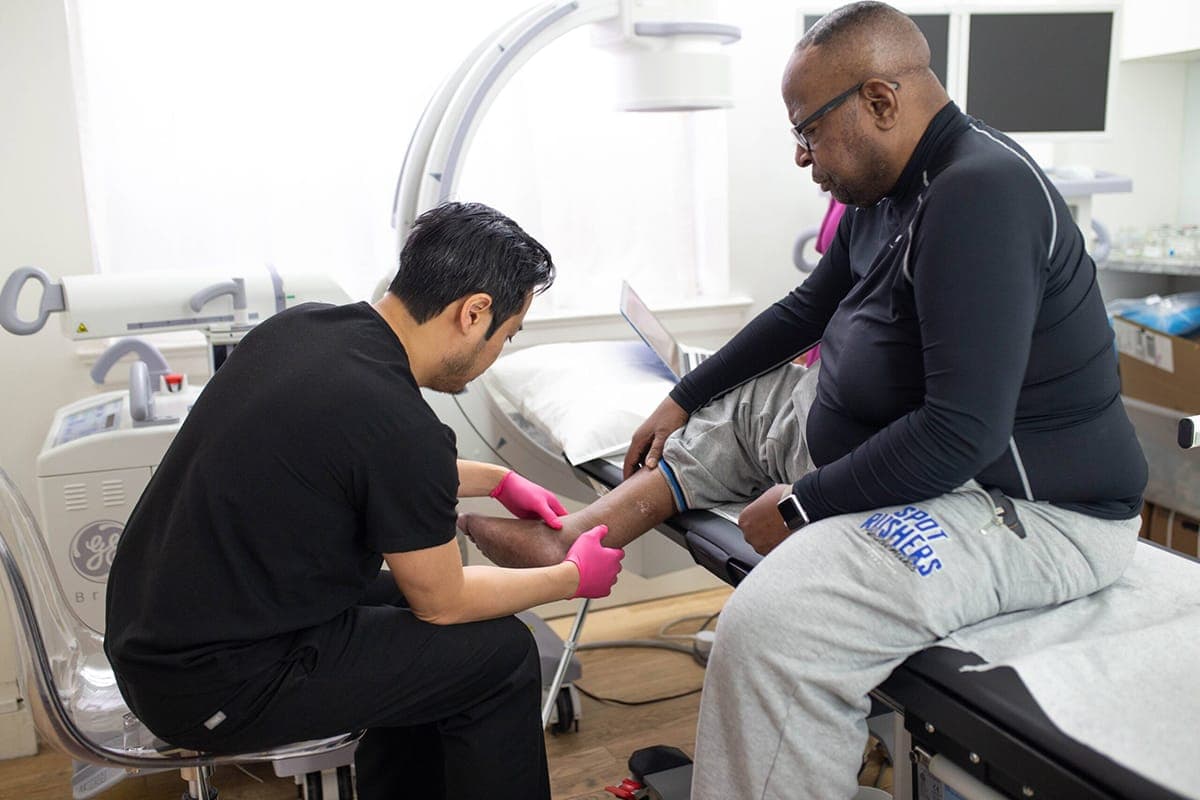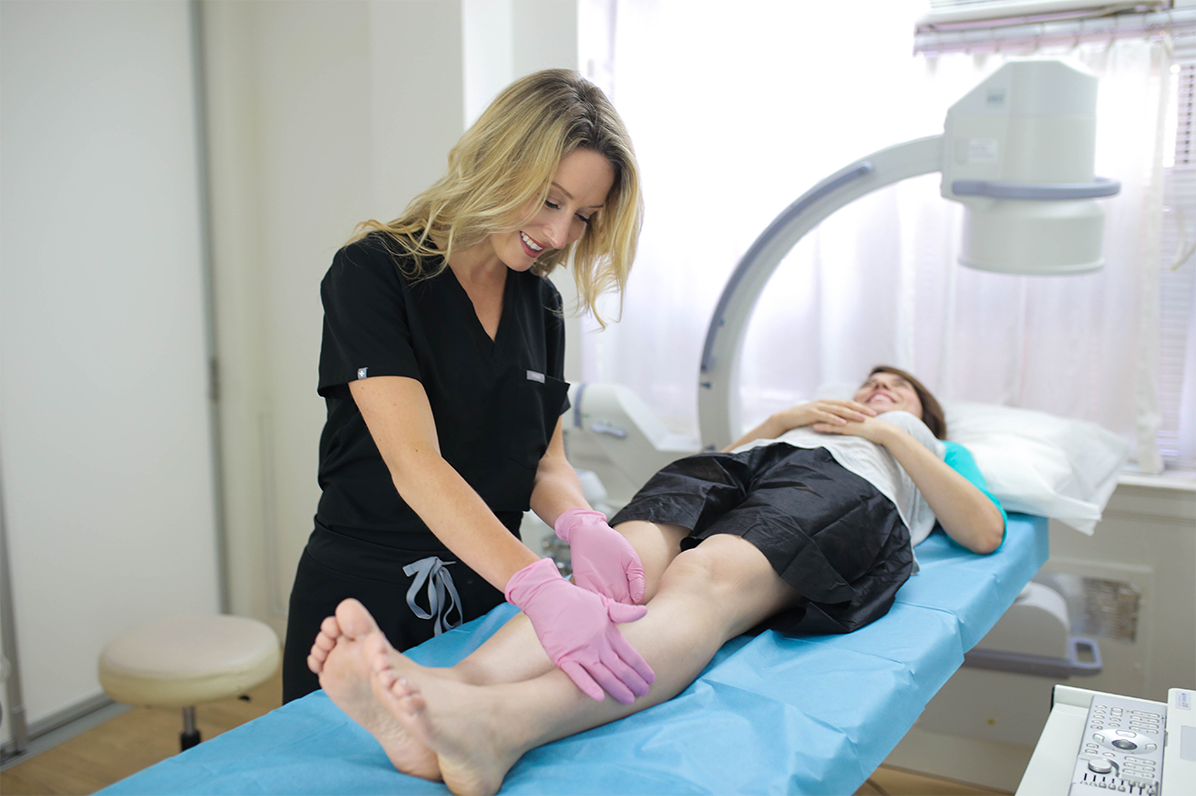Several medical professionals, including phlebologists, vascular surgeons, dermatologists, and dermatologic surgeons, are qualified to treat varicose veins. There are a few things you should think about while selecting a medical practitioner.
What Are Varicose Veins And Why Treatment Is Essential?
Dark purple or blue, expanding, twisted, and swollen veins are known as varicose veins. They can be seen on legs, especially behind the knee or on the inner side of your leg. Although they can appear anywhere on your body, varicose veins most frequently occur in the legs.
If the vein walls in your legs are damaged or weak, or the valves are not functioning properly, the blood will flow in the wrong direction or accumulate in the veins. As a result, purple, blue, or red veins will appear on your legs, ankles, or feet.

The lumpy, swollen, dark purple or blue-colored veins are the most typical sign of varicose vein disease. If you don't get treatment for varicose veins, you could also have the following symptoms:
? Pain and discomfort in legs
? Twisted, visible veins
? Heavy legs and numbness
? Frequent cramps (particularly calves and thighs)
? Ankle or feet swelling
? Itchy sensations
? Non-healing ulcers or skin sores
? Leg swelling
? Redness of ankles or legs
? Scaly, cracked, dry skin
Types of medical professionals
What type of doctor treats varicose veins? If you're considering professional treatment, several types of doctors can help remove varicose veins.
1. Vascular surgeons
Vascular surgeons handle disorders of the blood vessels, such as venous varicose veins.
They can perform all minimally invasive and surgical varicose vein removal techniques. They can also provide consultations to determine whether you might wish to explore any nonsurgical options first.
2. Phlebologists
Phlebologists specialize in the diagnosis, treatment, and therapy of venous disorders. Any surgeon, dermatologist, or general practitioner can become a phlebologist with the right training.
For example, a phlebologist might be a general practitioner board-certified in phlebology.

3. Vascular or interventional radiologists
Interventional radiologists are medical professionals who have completed an additional six to seven years of specialized training in minimally invasive procedures. To identify ailments, they may employ MRIs, ultrasounds, or X-rays.
They can use techniques like radiofrequency ablation or endovenous laser treatment to treat varicose veins.
4. Dermatologists or dermatologic surgeons
Even though dermatologists typically treat skin conditions, they may also treat certain varicose veins.
For instance, they can employ treatments like sclerotherapy or laser treatment.
5. General practitioners or family doctors
Your primary care physician may diagnose and treat certain forms of varicose veins. They can also recommend lifestyle changes that can help relieve symptoms, such as exercising more or wearing compression stockings.
In addition, they can evaluate your veins and recommend the right specialist for your care.
Make an appointment for a consultation: Certain experts provide free consultations. Attending these meetings can help you understand the course of treatment and determine whether the doctor is a good fit for your needs and tastes.
Conclusion
Several types of varicose vein specialist calledphlebologists, interventional radiologists, dermatologists, dermatologic surgeons, and primary care doctors.
The right specialist for your needs depends on your preferences and the severity of your condition. Doing your research can help you connect with a doctor with the experience and qualifications to treat your condition effectively.